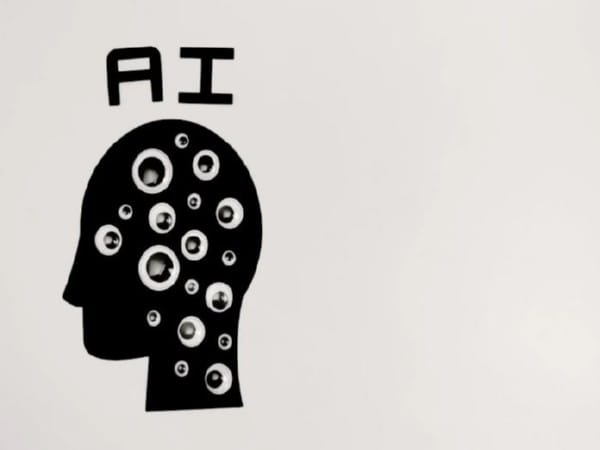New Delhi [India], March 6 (ANI): The private sector is now driving a once-in-a-generation capital expenditure (capex) boom, primarily fuelled by the growing global demand for artificial intelligence (AI) technologies, according to a report by Deutsche Bank Research.
This marks a significant shift from the long-standing dominance of public sector capex investments seen throughout the 20th century.
The report highlighted that in recent decades, the role of government funding in large-scale capex projects has been gradually declining, making way for the private sector to take the lead.
Key examples include the massive investments in telecommunications infrastructure, such as fibre rollout and mobile networks, along with the ongoing surge in AI-related capital investments.
“As the government’s role fell back, the private sector’s role grew and in the last few decades more large capex projects have been undertaken outside of government funding. The telco and fibre rollout are prime examples, as is the current AI capex investment,” the report noted.
The ongoing AI boom is a prime example of this transition, with companies pouring billions into building data centres, developing AI models, and acquiring the necessary infrastructure to power advanced technologies.
While the shift is expected to significantly boost productivity and reshape the world in the coming years, Deutsche Bank Research warns that the increased reliance on private sector spending could lead to more pronounced economic booms and busts.
The report draws parallels to the pre-20th-century era when private sector-led investment cycles were often followed by sharp downturns.
However, the report offers a more optimistic outlook regarding the current capex boom, noting that much of the AI-related spending is being financed through corporate earnings rather than debt. This reduces the risk of a systemic financial crisis in case of an economic downturn.
The biggest risk identified by Deutsche Bank is through the “wealth-effect channel,” given the high concentration of US equity markets in AI-related stocks. If AI investments fail to deliver expected returns, the subsequent market correction could significantly impact investor wealth and consumer spending.
Despite these risks, the ongoing private sector-led capex boom is expected to play a transformative role in shaping the global economy, with AI advancements poised to drive long-term productivity gains and innovation. (ANI)
This report is auto-generated from ANI news service. ThePrint holds no responsibility for its content.






